How VPNs Work on Smart TVs
Alright, you have your smart TV, ready to stream the cool stuff, and still, you keep hearing about VPNs. You're wondering whether you should get one for your big screen and how it even works? Smart TVs are really just computers nowadays, and like your phone or laptop, they connect to the internet. They can therefore use a VPN just like them. Let's dive into how these work on your TV and why you might want one.
The Essential Connection Between VPNs and Smart TVs
A Virtual Private Network, or VPN, is literally a secure tunnel for your internet traffic. More and more people are doing so with their smart TVs, and for good reason. The big draws are enhanced privacy, so your internet provider (ISP) can't easily see what you're viewing, and access to unblock content that could be geo-locked to a specific region. Think of it as giving your smart TV on the web a bit more liberty and safeguard.".
VPN Technology Explained
So, just how does a VPN cast its magic spell? When you're on a VPN, it encrypts your internet traffic. That is, all of the data going out from and into your smart TV is encoded so it can no longer be intercepted by anyone who tries to spy on it. Then it routes this encoded traffic through one of its own secure servers, which could be located anywhere on the planet. This conceals your true IP address (your TV's internet address) and gives you the illusion of being accessed from where the server is. Pretty neat for privacy and avoiding digital barriers.
Why Your Smart TV Experience Improves with a VPN
Tuning in through a VPN on your smart TV takes viewing seriously to the next level. The justification used most often is avoiding geo-blocking. Don't you ever see that "content not available in your area" notification on a streaming service? A VPN will allow you to leap virtual boundaries and view other libraries of movies and TV shows from different regions of the world. Also, while your smart TV is not handling sensitive bank data, a VPN still offers some protection by encrypting your connection, which can be helpful if you worry that your ISP is throttling your stream speed based on what you watch.

Complete Guide to Installing VPNs on Smart TVs
Setting up a VPN on your smart TV can vary a bit depending on your TV's operating system. Here are the common ways:
- Native VPN App: The easiest route! If your smart TV runs on an OS like Android TV (found on many Sony, TCL, and Hisense models) or Amazon Fire TV, you can often download a VPN app directly from its app store. Just search for your chosen VPN provider, install the app, log in, and connect.
- Router Setup: This is a great option because it covers every device connected to your home Wi-Fi, including your smart TV, game consoles, and anything else. You install the VPN on your router (some routers support this directly, or you might need a VPN-compatible router). It’s a bit more technical but very effective.
- Manual Configuration (Less Common for TVs): Some TVs might allow manual VPN setup through network settings, but this is rarer and more complex, often involving specific protocols like L2TP/IPsec.
- Smart DNS: While not a full VPN (it doesn't encrypt your traffic), Smart DNS services can help with geo-unblocking. Some VPN providers include Smart DNS as part of their package. You usually change the DNS settings on your TV.
Always pick a reputable VPN service that offers clear instructions for smart TV setups.
Which Smart TV Brands Best Support VPN Integration
Compatibility is key. Smart TVs running Android TV or Google TV (common in brands like Sony, Philips, TCL, and some Hisense models) are generally the most VPN-friendly because you can often install VPN apps directly from the Google Play Store. Amazon Fire TV Edition TVs also have good VPN app support.
Brands like Samsung (using Tizen OS) and LG (using webOS) don't usually allow direct VPN app installations. For these, your best bet is setting up the VPN on your router. Some lesser-known but also specialized brands, like those you might find on sites such as fpdvision which showcase various display technologies, will also likely rely on router-based VPN setups unless they specifically run an OS like Android TV. Always check your TV's app store or the VPN provider’s website for compatibility.
Resolving Common VPN Issues on Smart TVs
Sometimes, even with a setup, you might hit a snag. Here are a few common issues and fixes:
Slow Speeds
- Try connecting to a VPN server closer to your actual location.
- Some VPN protocols are faster than others (e.g., WireGuard often outperforms OpenVPN). Check if your VPN app lets you switch.
- Your base internet speed might be the issue; test it without the VPN.
Can't Connect to Streaming Service: Some services actively try to block VPNs.
- Try switching to different servers within the same country.
- Contact your VPN provider; they often have lists of servers optimized for specific streaming platforms.
VPN App Not Working/Crashing:
- Ensure the app is updated.
- Restart your smart TV and your router.
- Reinstall the VPN app.
If all else fails, your VPN provider's customer support should be your next stop.
Legal and Security Aspects of Using VPNs for Streaming
Utilizing a VPN is legal in most countries, including the US. Security and privacy are the primary purpose, and that's perfectly okay. When we talk about streaming, utilizing a VPN to stream geo-blocked content usually isn't illegal for you, but it often violates the terms of service of the streaming provider. This would result in the service trying to block your access if they detect these VPNs, but you would not be in violation of the law for it.
As a security measure, choose a good VPN provider with a clear no-logs policy. This means having zero tracking and storage of your internet activities, which is crucial to your privacy. Avoid so-called free providers because these usually have questionable security practices or sell your data to third parties.
How Smart TV VPN Technology Is Evolving
VPNs on smart TVs are definitely here to stay. We're seeing more TV manufacturers build operating systems that are app-friendly, which makes direct VPN installation easier. VPN providers are also getting better at creating user-friendly apps for TV platforms and finding ways to work around streaming service blocks. Expect even smoother integration and more robust features designed specifically for the smart TV experience, making it simpler for everyone to enjoy a more open and private internet on their biggest screen.
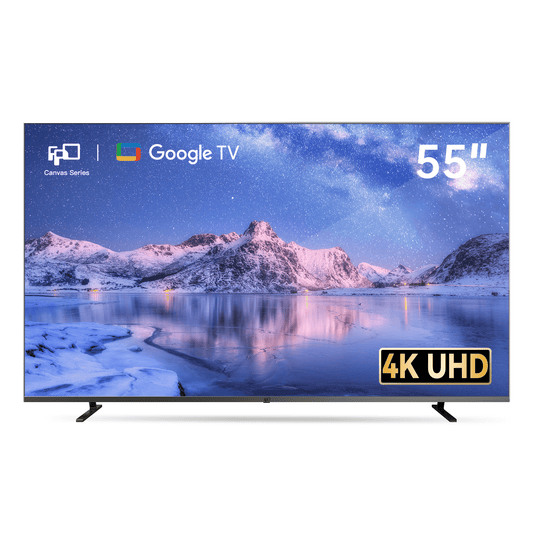
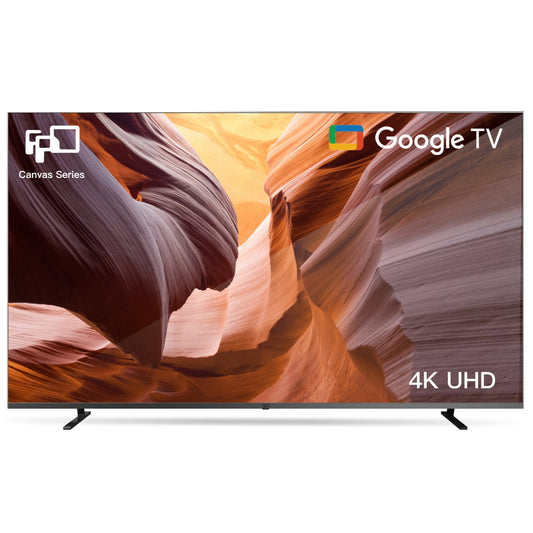
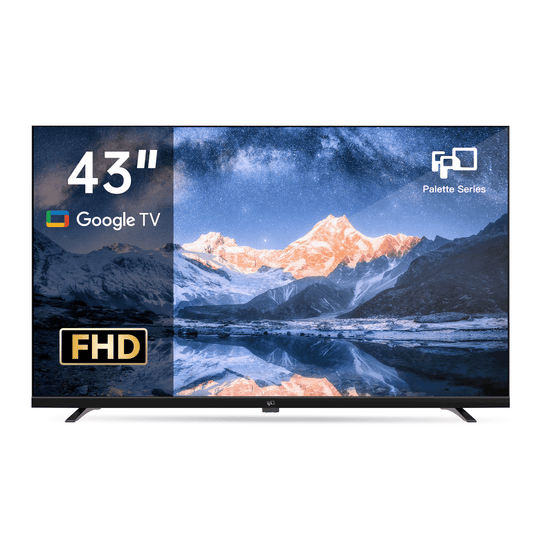
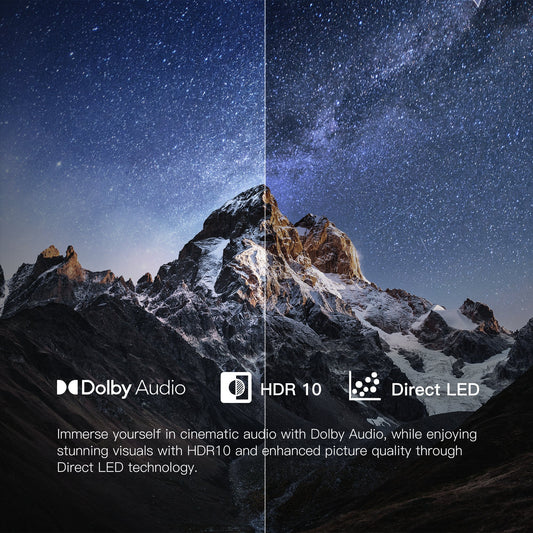
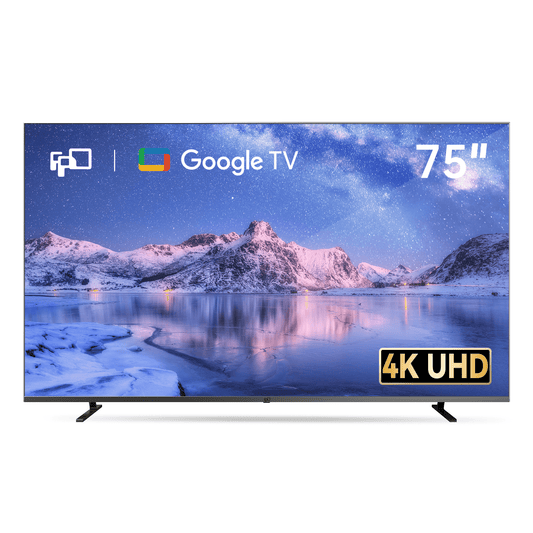
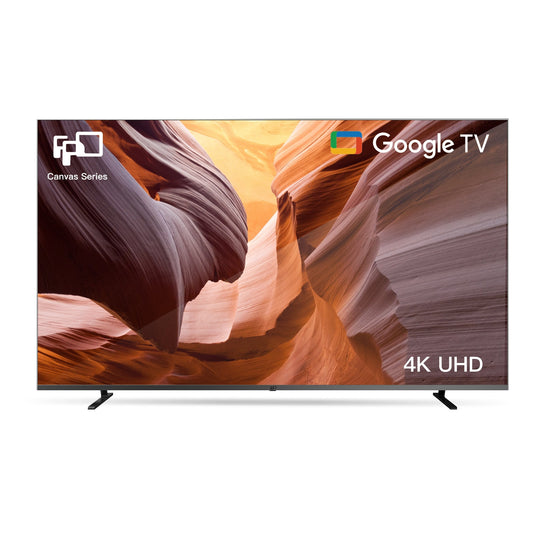
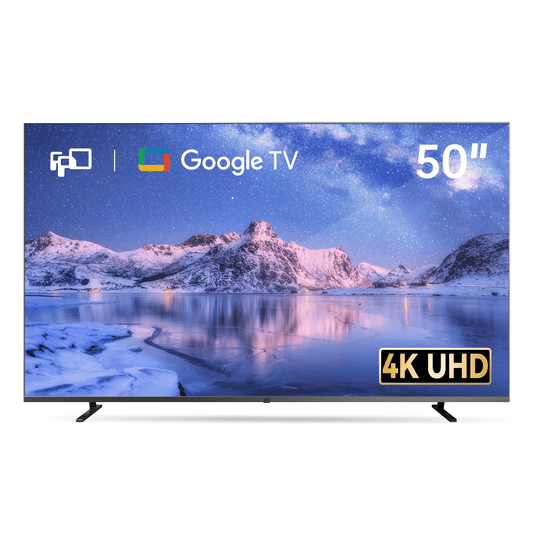
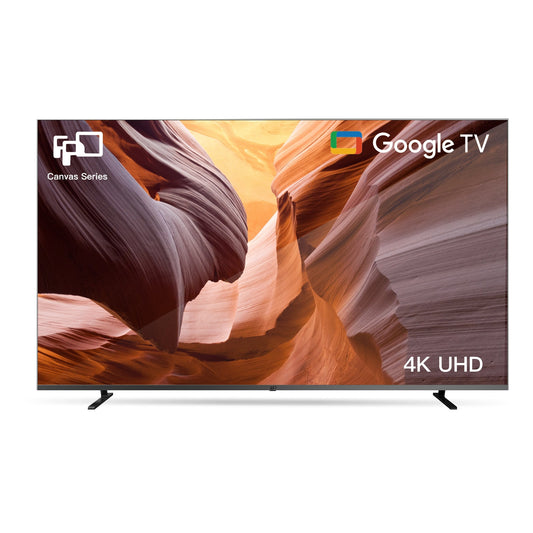
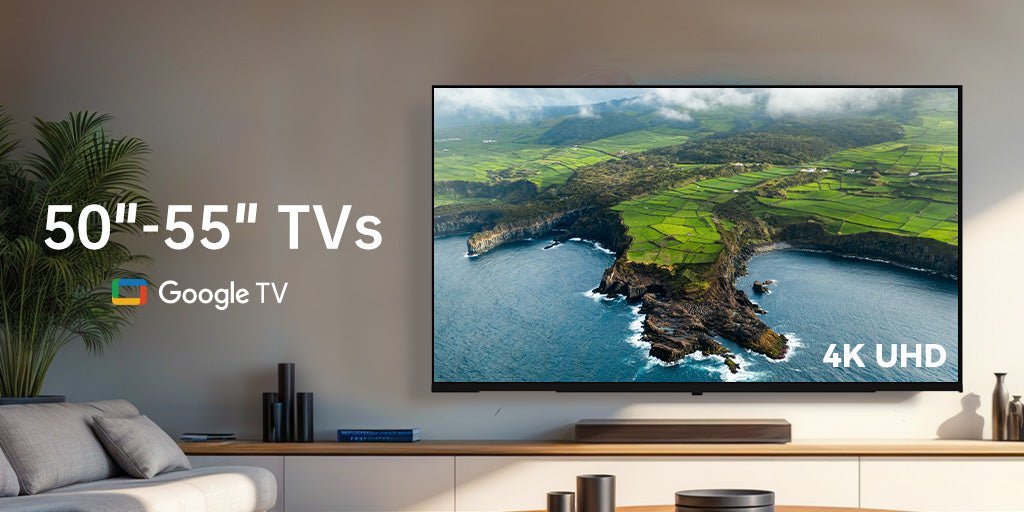
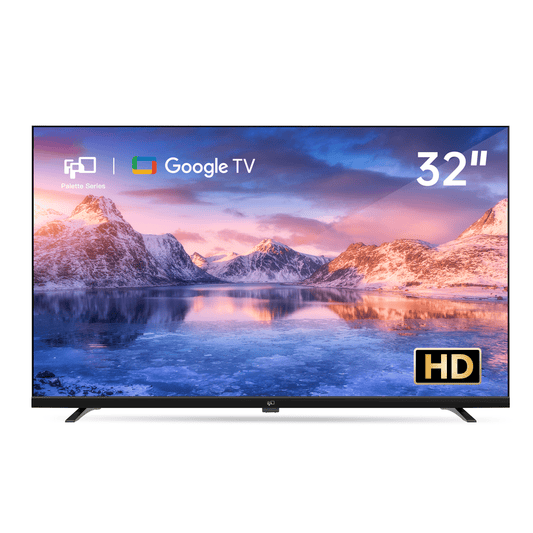
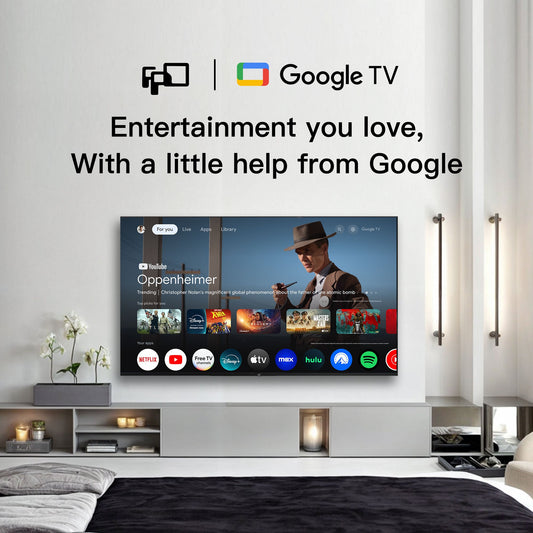
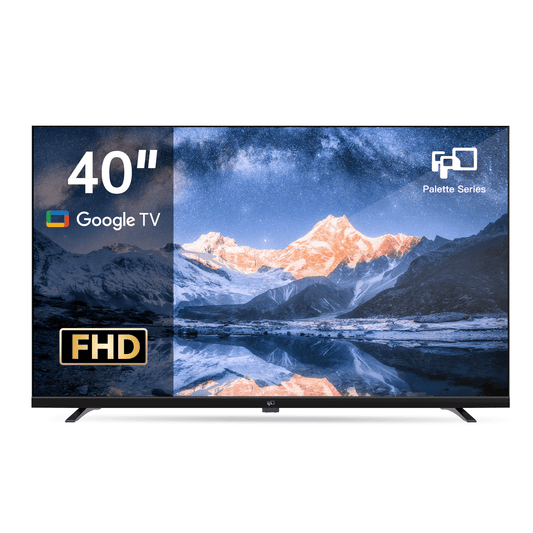
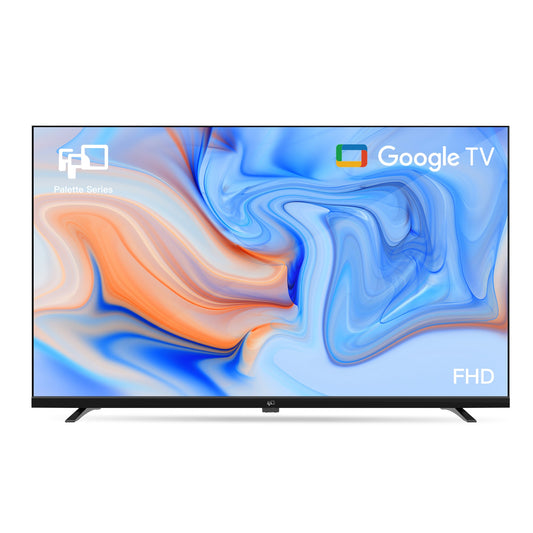
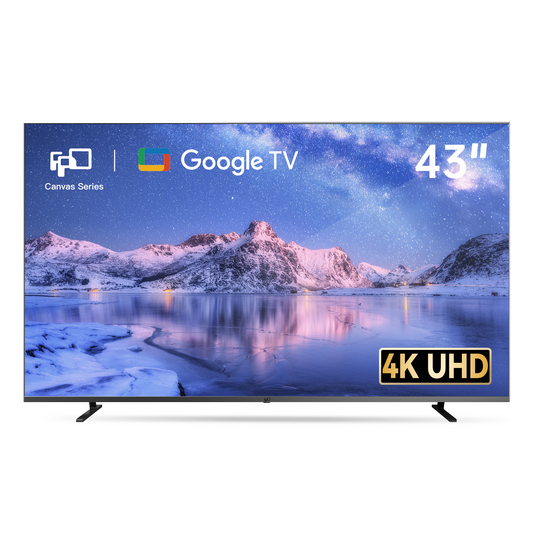
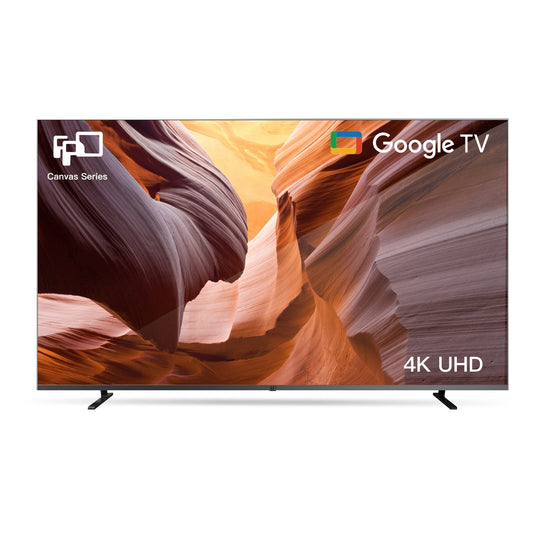
Leave a comment
Please note, comments need to be approved before they are published.